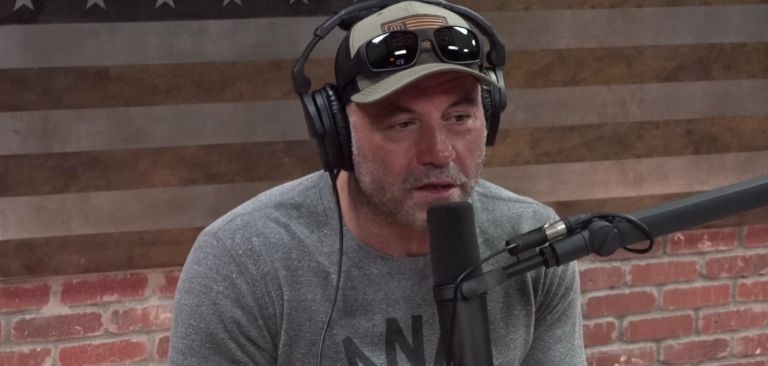One of the world’s most popular podcasters, Joe Rogan, has decided to discuss social media censorship in a video, featuring political pundit David Pakman.
Rogan mentions that YouTube has recently been removing videos by doctors who hold views on how to deal with coronavirus that, while rational, are not in line with the official message; for example by questioning whether lockdowns are the right way to go about handling the pandemic.
“YouTube has decided they’re going to pull down videos from doctors who have different opinions on how to handle the coronavirus and criticisms of how things are and, I’m like, it’s really interesting that they make that line – that that’s the line – that doctors (practicing physicians), they’ll pull their video down but people talking about flat earth – they leave that up,” Rogan said.
“…These doctors that are saying ‘we’re looking at statistics, this is the deaths, this is the deaths in terms of age groups and this is why it’s not nearly as dangerous as we first thought it was, and these quarantines are not the best way to handle it’ – they [YouTube] will take that video down,” the podcaster continued.
Rogan went on to say, “I don’t think that’s smart. I don’t think it’s a healthy way to handle things, I don’t think it’s good for the debate. In fact, it strengthens the resolve of the people on the other side…Let other people with opposing points of view put their videos up and let people discuss and debate.”
Click here to display content from YouTube.
Learn more in YouTube’s privacy policy.
Rogan specifically talks about censorship of content that is not disinformation that might lead to dangerous behavior – rather, it is about experts going over facts and statistics and coming up with various viewpoints.
And while he agrees with censorship of what could potentially lead to harm, he is confused as to why factual information – that happens to be interpreted differently than the accepted point of view – that of the WHO, in the case of coronavirus – also gets taken down.
Now the question becomes: who should be making decisions about regulating content on giant social platforms? Pakman notes that what’s unclear is the legal framework for any of these companies assuming that role and imposing their own rules.
This goes into the principle of freedom of speech in America, Rogan observed, and brings up the issue of the status of the likes of YouTube and Twitter, i.e., whether their size and influence makes them an “essential service” where, if stifled, somebody’s right to freedom or speech would be violated.
In 2020, Rogan says, the argument could be made that these services as used by “so many people to convey so much information and so significant, that I think it is an essential thing.”
For this reason, he disagrees with banning users or content-based simply on disliking what or how they say something – while their arguments cannot be fairly classified as disinformation.
At the same time, creating viable alternatives to these now dominant platforms is very hard to do, he remarked.










